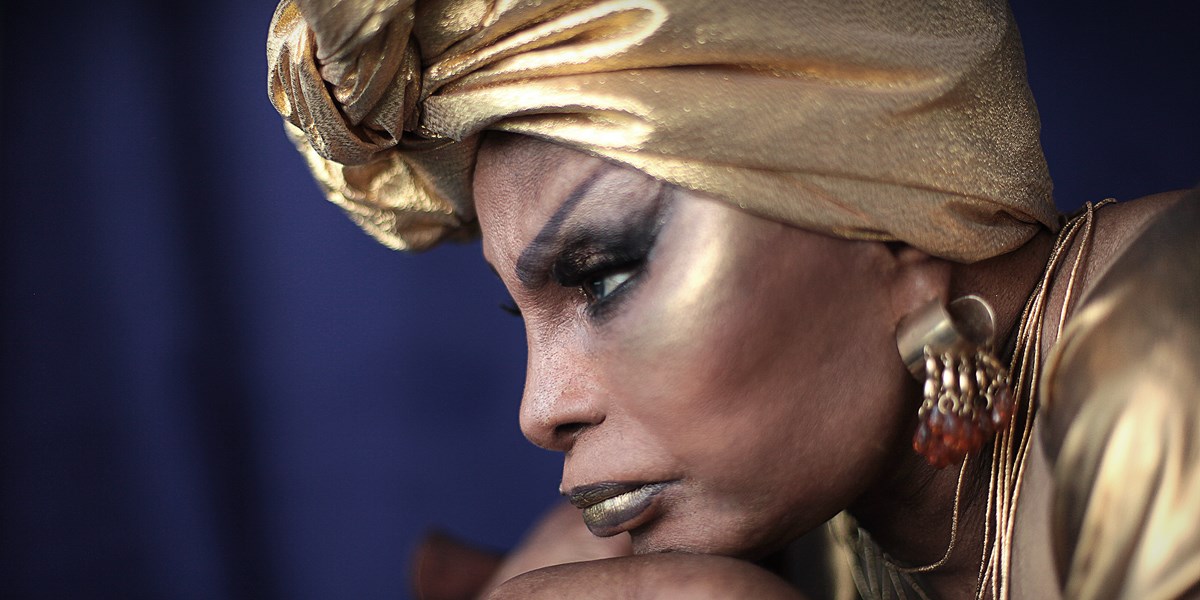Tuesday, February 1, 2022
Obituary: Elza Soares (1930-2022)
By Russ Slater
One of the greatest Brazilian singers of all time, the glamorous genre-straddling samba star Elza Soares, has died aged 91


Register now to continue reading

Thanks for visiting the Songlines website, your guide to an extraordinary world of music and culture. Sign up for a free account now to enjoy:
- Free access to 2 subscriber-only articles and album reviews every month
- Unlimited access to our news and awards pages
- Our regular email newsletters

